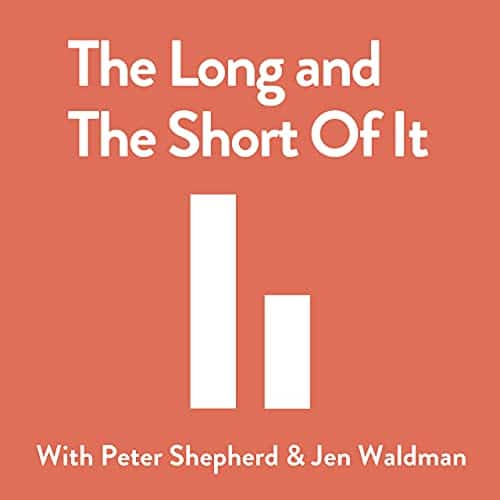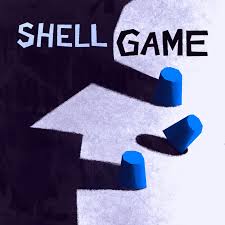I’m a stickler for my calendar. If I’m on a call and someone asks if I’m available next Thursday, I want the calendar to be able to tell me exactly how that day is looking. Problems arise when I fail to put something on there (“No worries, I’ll just remember that”) and then lose track of it in the heat of the moment.
I often will even tweak the calendar throughout the day to reflect what really happened in case I need to go back to it later, though my primary historical calendar generally lives via an interstitial journal in Obsidian (a running list of what happened as the day goes on).
In a recent episode of “The Long and The Short Of It”, host Jen Waldman shared a simple rule for her calendar:
“The way I think about my calendar is that it is a tool that has to always be telling me the truth. So if it exists on the calendar, it actually exists. And if it doesn’t exist on the calendar, it doesn’t exist.”
I love the way she put that. I work hard to keep my calendar accurate and I spend time each Friday making sure that the next week is ready to go. Knowing that my calendar is always “telling me the truth” makes things much easier when the day gets hectic and I need quick, accurate answers.
Everything is on there
Similar to my thoughts on adding people to my contact list, everything goes on my calendar. Rather than thinking “should I add this small thing on there?“, I just do it. If everything is on there, the calendar will always be telling me the truth, and the value of it rises exponentially.
It must be telling me the truth, and it almost always does.




